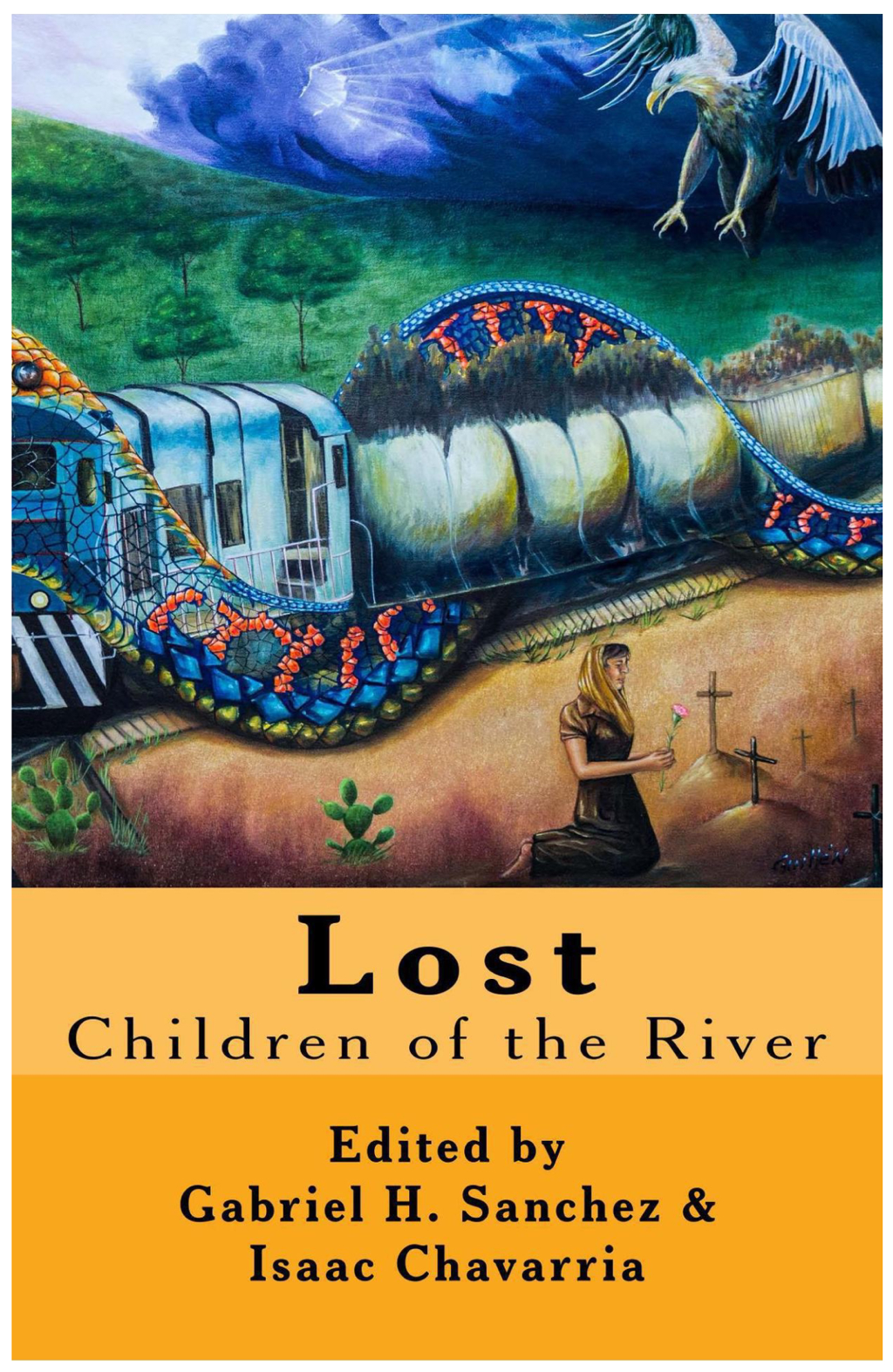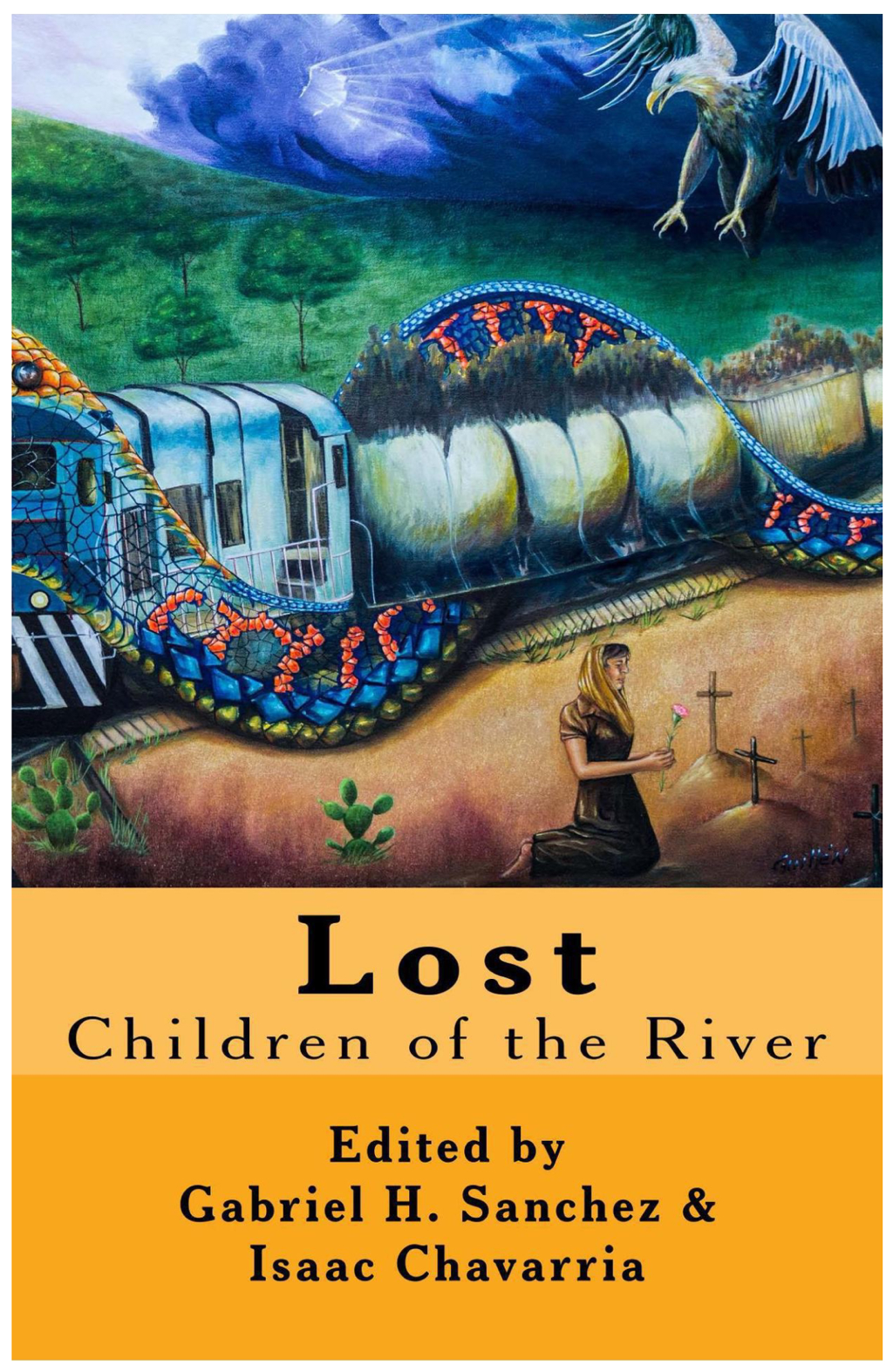|
"Open Horizons: Reconsidering the US-Mexico Border" by Ignacio “Nacho” Martinez The US-Mexico border used to be open once a long time ago. Could we benefit from reopening it again? This issue intertwines economic, social, and security considerations. Examining the potential benefits of a more open border reveals opportunities for economic growth, strengthened relations, and enhanced security measures. Economic Ties and Opportunities: Mexico has long been a valuable partner for the United States, contributing to a robust economic exchange. The availability of a cost-effective labor force has driven growth in various sectors, from manufacturing to agriculture. Opening up the border could further amplify these economic ties, providing a boon to the retail sector, tourism, and retirement destinations. Tourism Potential along the Rio Grande: Imagine the Rio Grande river transforming into a major attraction, drawing American tourists seeking affordable accommodations, entertainment, and culinary experiences. By embracing a more open border policy, the region could become a thriving destination for boating, dining, and vacationing, injecting vitality into local economies on both sides of the divide. Local Economic Development: Beyond the natural beauty of the Rio Grande, the cities and towns along the border stretch could experience a significant influx of economic activity and development. This potential surge in commerce and infrastructure could lead to job creation and improved living standards, addressing some of the challenges faced by border communities. Mitigating Undocumented Immigration Strains: Probably the most compelling argument for an open border is the potential to alleviate the strains of undocumented immigration. By creating legal channels for migration, the United States could better manage and regulate the flow of people, fostering a more transparent and orderly immigration process. Enhancing National Security through Friendship: Maintaining a friendly relationship with immediate neighbors, such as Mexico, can serve as a strong buffer against potential terrorist threats and other bad actors, such as drug cartels and human traffickers. Cooperation and collaboration between nations can enhance intelligence-sharing and security measures, ultimately safeguarding the interests of both countries. While the idea of reopening the US-Mexico border brings forth a myriad of possibilities, it is crucial to carefully navigate the complexities involved. Striking a balance between economic benefits, enhanced tourism, local development, and national security is essential for crafting a comprehensive and sustainable border policy that serves the interests of both nations. Immigration is a difficult subject to cover but a discussion and not political speech is much more important to consider the long-term impacts and work towards solutions that foster cooperation and prosperity on both sides of the border. FREE DOWNLOAD!Download “Lost: Children of the River”
for free! Offer ends 12/10/2023 at 11:59 pm. “This compelling work delves into the lives of those affected by the crisis, shedding light on the challenges faced by migrant children and their families as they navigate perilous journeys in search of safety and a better life. “ In a bold move towards raising awareness about the on-going border migrant humanitarian crisis, The Raving Press is offering a free download of this thought-provoking book, “Lost: Children of the River.” This compelling work delves into the lives of those affected by the crisis, shedding light on the challenges faced by migrant children and their families as they navigate perilous journeys in search of safety and a better life. Writers and artists from all across America and the world skillfully captures the raw emotions and untold stories of individuals caught in the crossfire of geopolitical struggles. Through poignant narratives and vivid imagery, “Lost: Children of the River” humanizes the often dehumanized, providing readers with a deeper understanding of the complexities surrounding migration. By making this book available for free, The Raving Press aims to amplify the voices of those directly impacted by the crisis and spark conversations about the urgent need for empathy and global cooperation. The powerful storytelling serves as a call to action, encouraging readers to reflect on their role in fostering a more compassionate world. Download your free copy of “Lost: Children of the River” today, and join the journey towards a greater understanding of the border migrant humanitarian crisis. Together, let’s bridge the gap between hearts and borders. CLICK HERE TO GET YOUR FREE COPY. by Greg Perez Torres In a world marred by conflicts and strife, the voices of those advocating for peace and protesting against war serve as beacons of hope. However, a disturbing trend has emerged where some individuals equate these peace advocates, the war protesters, with the very entities they oppose – the war mongers. Such a comparison not only lacks logical coherence but also carries a moral weight that undermines the essence of peaceful dissent. At its core, war protesting is an expression of dissent against violence, bloodshed, and the devastating consequences that wars unleash upon humanity. It represents a collective outcry for diplomacy, dialogue, and a pursuit of alternatives to resolve disputes without resorting to armed conflicts. In contrast, war mongers actively advocate for military interventions, often fueled by aggressive nationalism, geopolitical interests, or an appetite for power. Equating those who raise their voices against war to war mongers ignores the stark differences in their motives and objectives. War protesters strive for a world where conflicts are resolved through dialogue, diplomacy, and understanding. On the other hand, war mongers pursue aggressive and militaristic policies that often result in widespread suffering and loss. This false equivalence not only distorts the narrative but also risks stifling the crucial discourse needed to foster a more peaceful world. It undermines the legitimacy of peaceful dissent, discouraging individuals from standing up against injustice and violence. In doing so, it inadvertently strengthens the positions of those who promote militarism and aggression. Moreover, such a moral misstep perpetuates a narrative that blurs the lines between right and wrong, creating confusion in the collective conscience of society. By painting war protesters with the same brush as war mongers, we risk diluting the moral imperative of striving for a more just, equitable, and peaceful world. In a democracy that values freedom of expression, equating peaceful demonstrators to war advocates not only stifles dissent but also threatens the very principles that uphold a just society. It is imperative to recognize and respect the moral high ground that war protesters occupy, acknowledging their commitment to a more compassionate, humane, and conflict-free world. In summary, the act of equating war protesters to war mongers is not only illogical but also morally reprehensible. It undermines the essence of peaceful dissent, weakens the fight against militarism, and risks perpetuating a narrative that blurs the lines between right and wrong. In a world desperate for peace, it is crucial to champion the voices that advocate for non-violence, understanding, and diplomacy. Write for the T.R.i.P. Wire!Introduction:
Publishing a book is a thrilling journey that brings an author's words to life, connecting them with readers worldwide. In this blog post, we'll explore the multifaceted world of book publishing, covering key aspects from writing your manuscript to navigating the publishing industry. 1. **Crafting Your Manuscript:** Before delving into the publishing process, ensure your manuscript is polished and refined. Take the time to edit, revise, and seek feedback from beta readers. A well-crafted manuscript forms the foundation for a successful book. 2. **Choosing the Right Publishing Path:** Authors have two primary routes: traditional publishing and self-publishing. Traditional publishing involves securing a literary agent who will pitch your manuscript to publishing houses. Self-publishing empowers authors to control the entire process, from editing to cover design, using platforms like Amazon Kindle Direct Publishing (KDP). 3. **Literary Agents and Query Letters:** If opting for traditional publishing, finding a literary agent is crucial. Craft a compelling query letter that succinctly conveys the essence of your book, enticing agents to request your full manuscript. Research agents who specialize in your genre for a better chance of success. 4. **Navigating Traditional Publishing:** If a literary agent secures a book deal with a publishing house, the publisher will handle various aspects like editing, cover design, and distribution. Authors receive advances against future royalties, and the publisher assumes the financial risk. 5. **Self-Publishing Platforms:** Self-publishing offers autonomy but requires careful planning. Platforms like KDP, IngramSpark, and others provide tools for authors to publish ebooks and print books. Pay attention to formatting, cover design, and marketing strategies to maximize your book's visibility. 6. **Building an Author Platform:** Regardless of the publishing path, establishing an author platform is crucial. Utilize social media, author websites, and newsletters to connect with your audience. A robust author platform enhances your book's marketability and paves the way for future projects. 7. **Marketing and Promotion:** Successful book publishing involves effective marketing. Put together a marketing strategy to promote your book online and in person. Leverage social media, book reviews, author events, and collaborations to increase visibility and attract readers. 8. **The Importance of Professional Editing:** Whether traditional or self-publishing, investing in professional editing is non-negotiable. Editors refine your prose, correct errors, and ensure your book meets industry standards. A well-edited book significantly enhances its reception. 9. **Understanding Royalties and Contracts:** For traditionally published authors, understanding royalty structures and contract terms is vital. Seek legal advice if necessary to ensure you are making informed decisions about your intellectual property. Conclusion: Embarking on the journey of publishing a book requires dedication, persistence, and strategic planning. Whether choosing traditional publishing or embracing the world of self-publishing, authors must navigate each step with care. Remember, the publishing landscape is ever-evolving, so staying informed about industry trends is key to a successful and fulfilling publishing experience. |
AuthorGabriel H. Sanchez is an author, poet, actor, editor, and publisher from the Rio Grande Valley in south Texas, on the border with Mexico. Gabriel is the author of "Once Upon a Bad Hombre," "The X Series," "The Martian Ones: Tales of Human Folly," and "The Fluid Chicano." You can read more about him and his other projects at gabrielhugo.com or on his Facebook page: @gabrielhugoauthor. Categories
All
Archives
June 2024
Fueled by RPM |






 RSS Feed
RSS Feed
